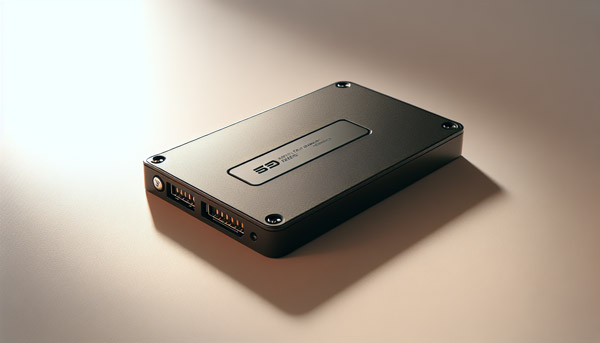
Solid State Drives (SSDs) are advanced storage devices that have revolutionized the world of computing due to their superior performance and reliability compared to traditional Hard Disk Drives (HDDs). However, they also come with a few disadvantages. In this short piece, we’ll be considering the pros and cons of SSDs.
1. Speed: SSD's primary advantage is speed. They perform up to five times faster than HDDs in sequential reading and writing of data. This speed impacts positively on boot times, file transfers, and software installation processes.
2. Durability: Unlike HDDs that use spinning disks and read/write heads, SSDs lack moving parts which makes them less susceptible to damage from shock or vibration.
3. Noise & Heat Reduction: HDDs produce noise due to their mechanical nature, whilst SSDs operate silently since no moving parts are involved in their operation. Also, because SSDs don't need to power any moving parts like HDDs do they tend to generate less heat thereby improving power efficiency.
4. Long-term Performance: Due to fragmentation, the performance of HDDs degrade over time but not with SSDs; they maintain consistent speeds throughout their lifespan.
In conclusion, SSDs' superior speed transfer rates, durability and power efficiency make it an appealing choice for many users. However, considering their higher costs, lower lifespan and sudden-death episodes underscores the importance of using them responsibly - primarily by keeping system backups diligent and updated regularly.